(The Chinese text below/下方的中文文本)
In the context of global economic integration, Vietnam has become an increasingly attractive destination for foreign enterprises. A common legal question arises as to whether representative offices of foreign enterprises in Vietnam are permitted to own real estate, particularly residential property.
This article analyzes the ownership rights of representative offices under the Law on Housing 2023, clarifying the applicable conditions, ownership forms, and key legal considerations.
1. Ownership Rights of Representative Offices of Foreign Enterprises in Vietnam
The Law on Housing 2023 regulates the ownership of residential property by both domestic and foreign organizations and individuals in Vietnam.
According to Clause 1, Article 8 of the Law, entities eligible to own housing in Vietnam include: Domestic organizations and individuals; Overseas Vietnamese; and Foreign organizations and individuals.
Furthermore, Article 17 of the same Law provides that foreign entities eligible to own housing in Vietnam comprise foreign-invested enterprises, branches, representative offices, foreign investment funds, and foreign bank branches operating legally in Vietnam.
Accordingly, representative offices of foreign enterprises are legally recognized as eligible entities for home ownership in Vietnam.
2. Conditions and Forms of Ownership for Representative Offices
Conditions for Ownership
Pursuant to Clause 2, Article 18 of the Law on Housing 2023, a representative office must possess valid documents evidencing its lawful establishment or operation in Vietnam, issued by a competent Vietnamese authority, and such documents must remain valid at the time of entering into any housing-related transaction.
Forms of Ownership
Representative offices of foreign enterprises may own housing in Vietnam including apartments and detached houses through the forms specified in Clause 2, Article 17, as follows:
- Purchase or lease-purchase of commercial housing: Representative offices may purchase or lease-purchase residential property from developers of commercial housing projects, or from other lawful foreign owners. Such projects must not be located in areas restricted for reasons of national defense or security.
- Receipt by donation or inheritance: Representative offices may receive residential property as a donation or inheritance from organizations or individuals, provided the property is within commercial housing projects and not located in restricted defense or security zones.
3. Key Legal Considerations
To ensure compliance with Vietnamese law, representative offices should pay attention to the following:
– Lawful purpose of housing ownership for Representative Offices: housing may only be used to provide accommodation for their staff members (Point b, Clause 2, Article 21 of the Law on Housing 2023).
– Area Restrictions: Housing owned by a representative office must not be located in areas restricted for national defense and security purposes, as provided in Article 17 of the Law on Housing 2023. Such areas are typically identified by competent state authorities through zoning or specific decisions.
– Term of Ownership: Under Article 20 of the Law on Housing 2023, foreign organizations including representative offices may own housing for a fixed term, generally not exceeding 50 years from the date the Ownership Certificate is issued, with possible extensions subject to approval by competent authorities.
– Financial Obligations: Representative offices must fulfill all financial obligations related to property ownership and transactions, including applicable taxes, fees, and charges, in accordance with Vietnamese tax laws and related regulations.
Thank you!
外国企业代表处是否可以在越南拥有不动产?
在国际经济一体化的背景下,越南正逐渐成为外国企业的投资热点。一个常见的法律问题是:外国企业在越南设立的代表处是否被允许拥有不动产,尤其是住宅?
本文将依据《2023年住房法》的相关规定,分析外国企业代表处在越南的不动产所有权,并说明其所有条件、取得形式及需要注意的法律问题。
外国企业代表处是否可以在越南拥有不动产?
一、外国企业代表处在越南的不动产所有权
《2023年住房法》规定了在越南境内,国内外组织和个人的住房所有权。
根据该法第8条第1款的规定,拥有越南住房的主体包括:
- 越南国内的组织和个人;
- 旅居海外的越南人;
- 外国组织和个人。
同时,根据《住房法》第17条的规定,有权在越南拥有住房的外国组织包括:
外商投资企业、分支机构、代表处、外国投资基金及在越南开展业务的外国银行分行。
由此可见,外国企业在越南设立的代表处属于在越南可以拥有住房的主体。
二、代表处在越南拥有住房的条件与形式
(一)拥有条件
根据《住房法》第18条第2款的规定,外国企业代表处在越南拥有住房,必须具备由越南主管机关依法颁发的、有效的设立或经营许可文件,且在签订住房交易合同时,该许可仍在有效期内。
(二)拥有形式
外国企业代表处可以通过以下形式在越南拥有住房,包括公寓和独立住宅,具体依据《住房法》第17条第2款的规定:
- 购买或租购商业住房:代表处可以从商业住房项目的开发商处购买或租购住房,或从已依法取得住房所有权的外国组织、个人处购买。此类项目必须位于非国防、安全限制区内。
- 接受赠与或继承:代表处可以通过受赠或继承方式取得住房,但该住房必须属于商业住房项目,且不得位于国防、安全限制区域。
三、拥有住房时应注意的法律事项
为确保符合法律规定,外国企业代表处在越南拥有住房时应注意以下事项:
(1)区域限制:代表处拥有的住房必须位于非国防和安全限制区域,根据《住房法》第17条规定,具体区域由越南国家机关通过规划或公告确定。
(2)所有期限:根据《住房法》第20条规定,外国组织(包括代表处)在越南拥有住房的期限一般不超过50年,自取得《住房所有权证书》(即“粉红本”)之日起计算,可依法申请延长。
(3)财务义务:代表处须依法履行与住房交易相关的税费义务,包括购房、租购或转让时应缴纳的税收与费用,依照越南税法及相关法规执行。
(4)代表处合法的住房使用目的: 住房仅可用于为其工作人员提供住宿。(《2023年住房法》第21条第2款(b)项)
谢谢!
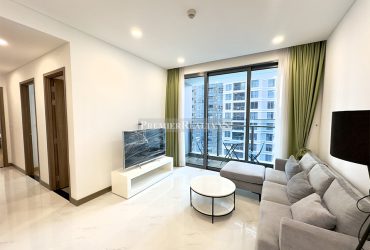
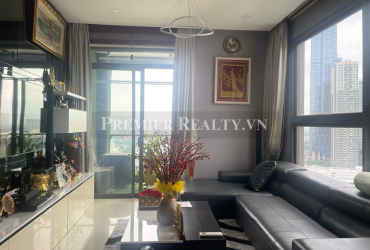
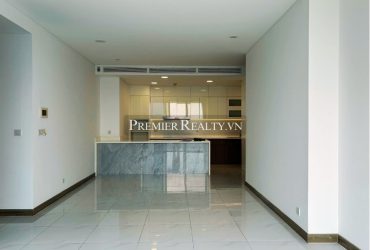
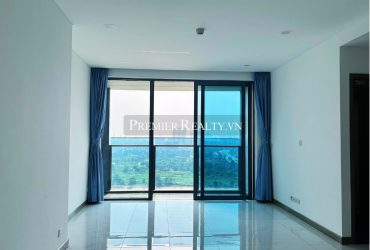
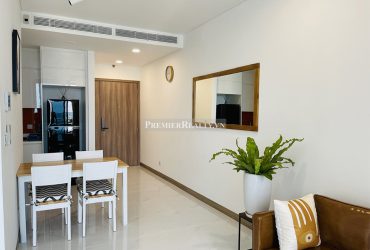
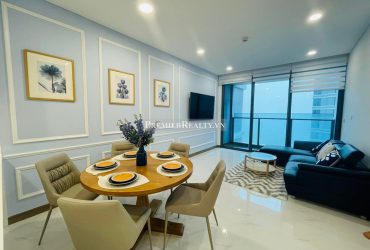
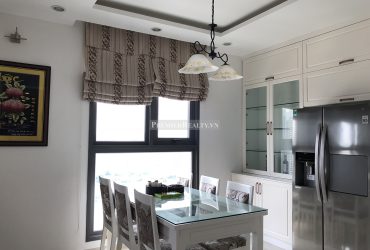
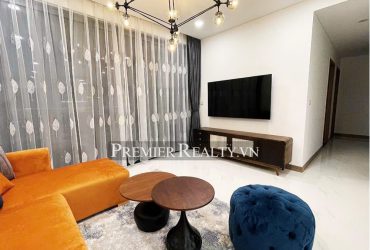




 Website belongs to
Website belongs to